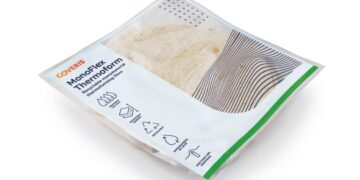The International Food and Beverage Alliance’s (IFBA) has pledged to phase out industrially-processed trans-fat from the global food supply by 2023. The commitment sets an interesting precedent with regards to how other ‘food villains’ are tackled in processed foods, says GlobalData, a leading data and analytics company.
IFBA comprises 12 food and beverage powerhouses including The Coca-Cola Company, McDonald’s, Nestle and Unilever. The pledge comes a year after the World Health Organization (WHO) launched an initiative to provide guidance for all countries on how to remove artificial trans fats from their foods, with a view to eradicating the ingredient worldwide by 2023.
WHO has singled out industrially-produced trans fats as the cause of over 500,000 deaths from coronary heart disease globally each year, and its elimination from the food supply represents a simple and effective way to save lives.
While trans fats are unmistakably linked to a range of harmful outcomes, it is by far the only contributor to dietary-related health problems. As the health impacts of other ingredients such as salt, sugar and saturated fats are increasingly scrutinized, it will be interesting to see how WHO implements similar commitments and, more significantly, how the food and drink giants respond.
“It is far easier for brands to employ other health-promoting initiatives such as portion control, clear nutritional information and responsible marketing. However, enacting changes with regards to product ingredients and formulation is an entirely different undertaking. This trans fat pledge may represent a ‘slippery slope’ that brands will need to navigate if WHO continues to crack down on renowned food villains.”
Katrina Diamonon, Consumer Insights Analyst at GlobalData

















